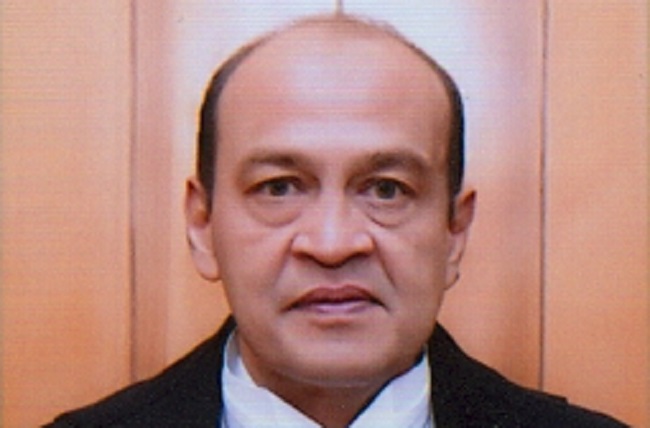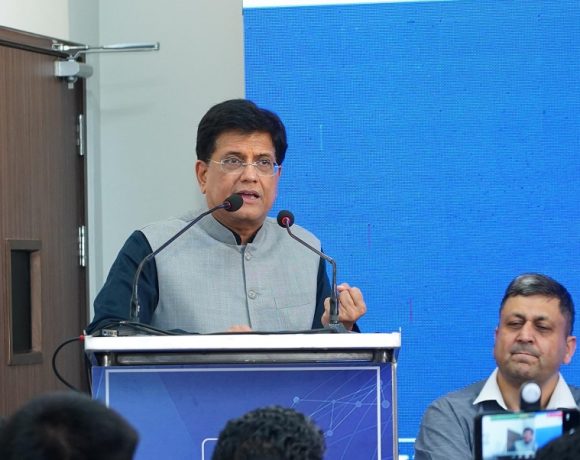
Centre Moves to Impeach Justice Yashwant Varma Over Cash Row
The Government of India has announced its decision to initiate impeachment proceedings against Justice Yashwant Varma, following serious allegations of misconduct. The impeachment motion is expected to be introduced in the upcoming Monsoon Session of Parliament, set to begin in mid-July.
Justice Varma, currently serving at the Allahabad High Court and formerly a judge at the Delhi High Court, came under scrutiny after large amounts of unaccounted cash were allegedly found at his official residence. The discovery was made following a fire incident on March 14, 2025, which led emergency responders to uncover the hidden cash.
In-House Probe and Refusal to Resign
Soon after the incident, then Chief Justice of India Sanjiv Khanna initiated an in-house probe on March 22, appointing a three-judge panel to investigate the allegations. The panel, composed of senior high court judges, reportedly found evidence substantiating misconduct. Despite the findings, Justice Varma refused to resign, leading the judiciary and the Centre to escalate the matter.
Centre Seeks Political Consensus
Union Parliamentary Affairs Minister Kiren Rijiju confirmed that the government has decided to move an impeachment motion under constitutional provisions. Emphasizing that the issue pertains to judicial accountability and not politics, Rijiju noted that outreach has already begun with opposition leaders to build consensus for the motion.
The motion will be moved by Union Law Minister Arjun Ram Meghwal. As per procedure, it will require a two-thirds majority in both Houses of Parliament. If passed, the President will be authorized to order Justice Varma’s removal.
Legal and Parliamentary Framework
The removal of a High Court judge under Article 124(4) of the Constitution follows a stringent process under the Judges (Inquiry) Act, 1968. Upon acceptance of the motion, a three-member inquiry committee is constituted—usually including a Supreme Court judge, a High Court Chief Justice, and a distinguished jurist.
If the committee finds the judge guilty of proven misbehavior or incapacity, both Houses must debate and vote on the motion. A two-thirds majority in both is required for the impeachment to succeed.
Judicial and Bar Reactions
The Allahabad High Court Bar Association welcomed the Centre’s move, calling it a necessary step to preserve the integrity of the judiciary. The Association emphasized that no one should be above the law, and the action reinforces public faith in the system.
Justice Varma has denied the charges, describing the entire episode as a politically motivated conspiracy. His judicial responsibilities were withdrawn by the Delhi High Court shortly after the incident, and he was transferred back to the Allahabad High Court where he resumed duties on April 5, 2025.
The proceedings against Justice Varma mark a rare and momentous development in India’s judicial history. If the impeachment is successful, it would be the first instance of a sitting High Court judge being removed through this route, underscoring the growing emphasis on accountability within the judiciary.

















